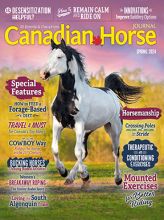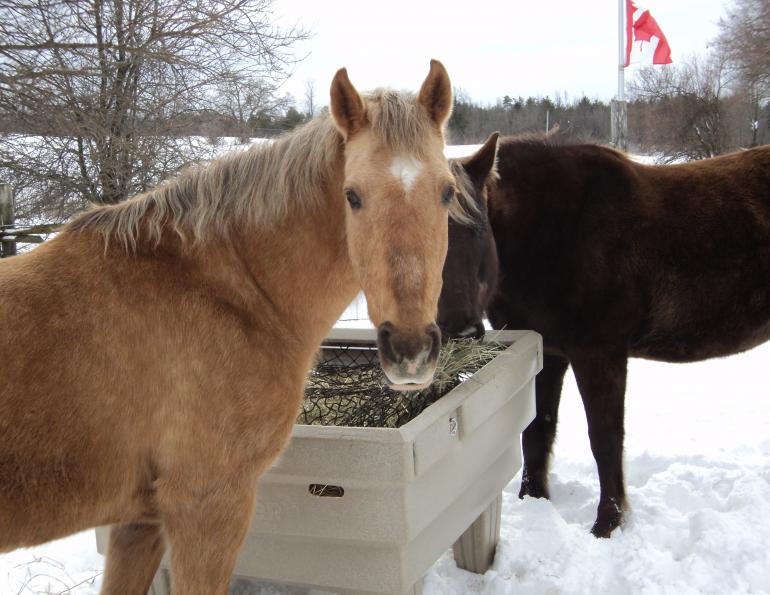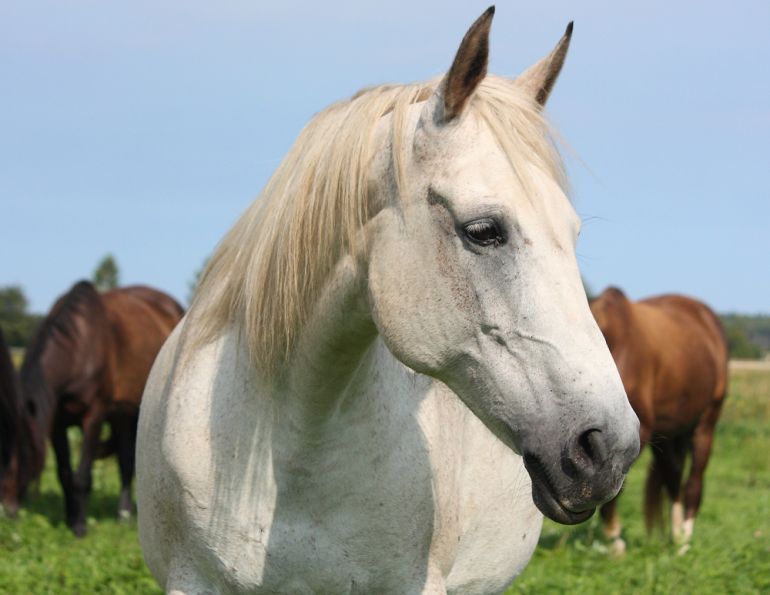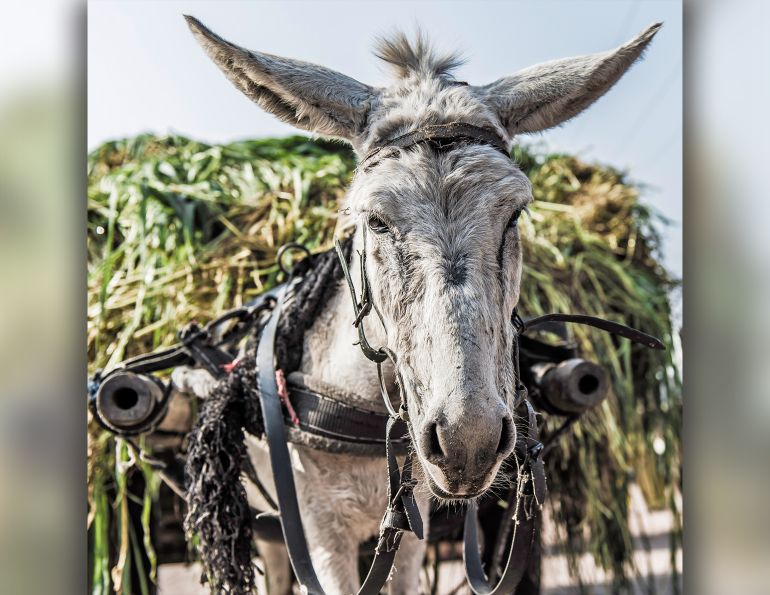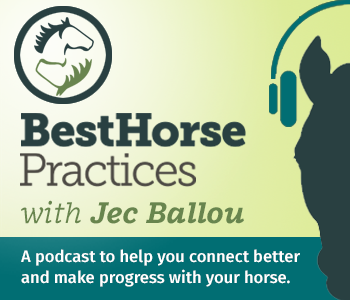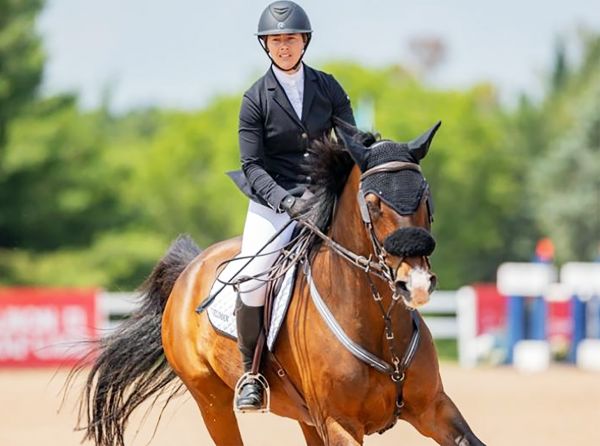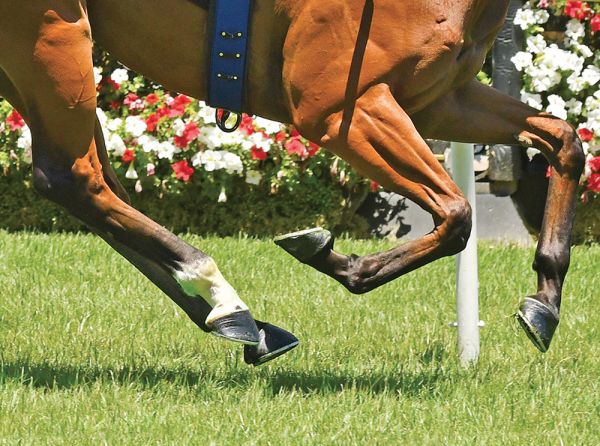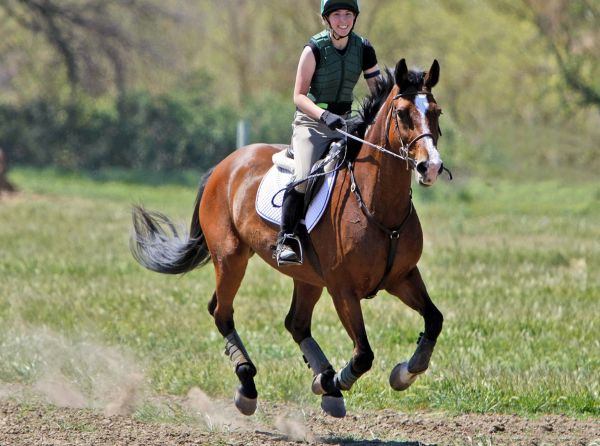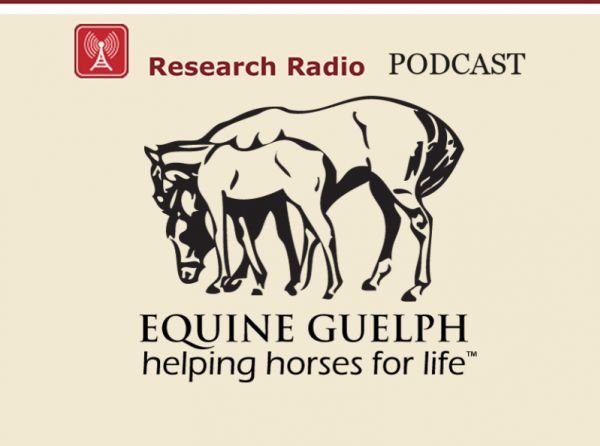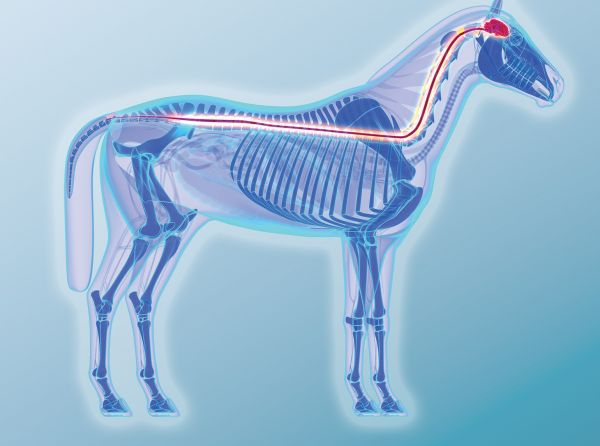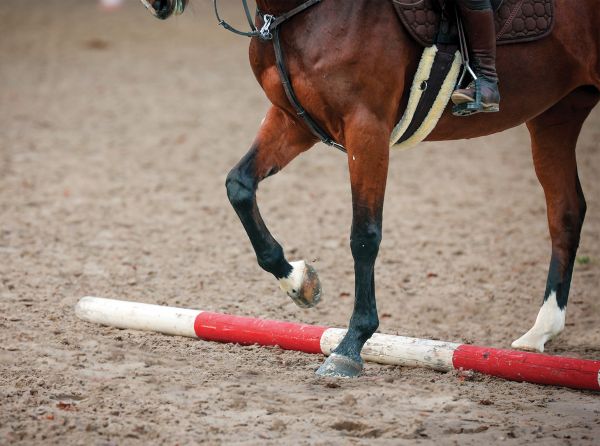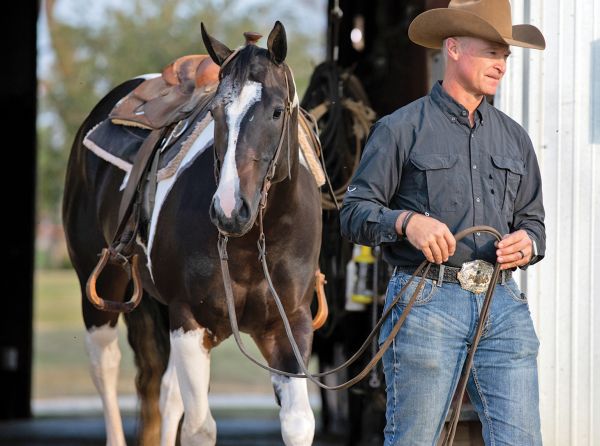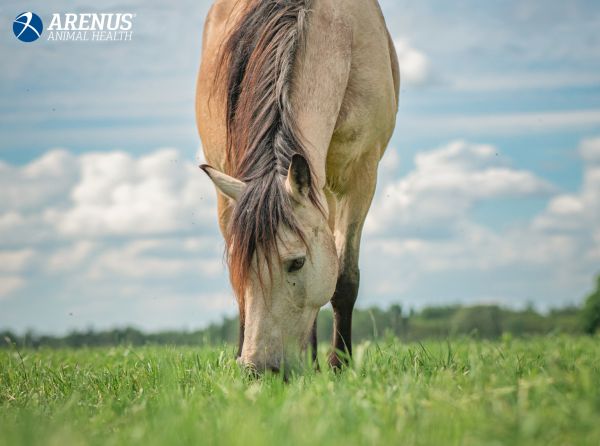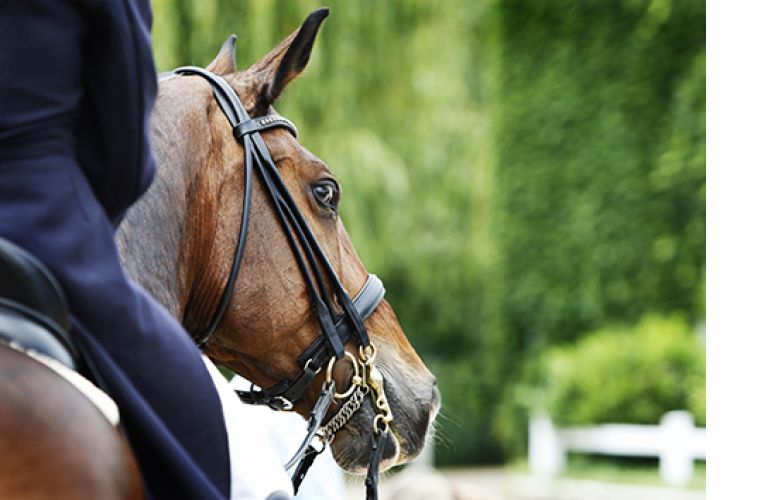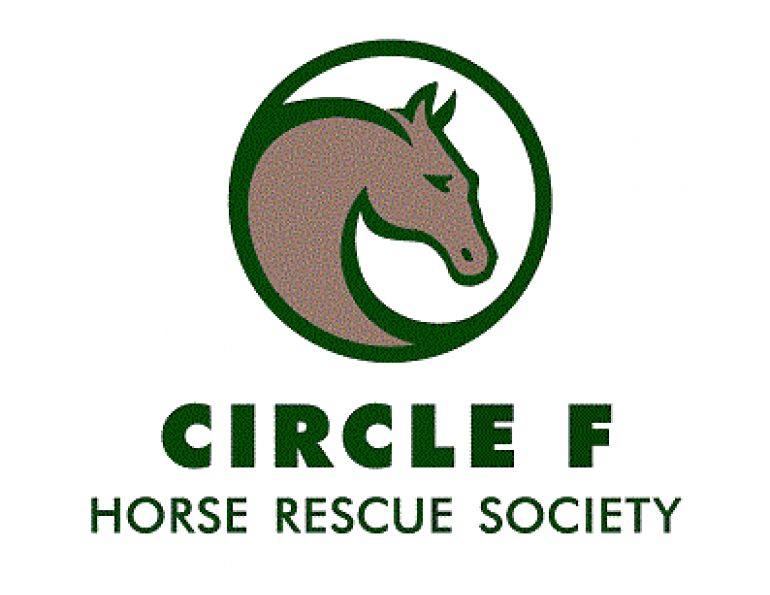By Margaret Evans
In 2010, Pakistan was devastated by monsoon rains that caused some of the worst floods in living memory. Thousands of villages were destroyed, thousands of livestock died, and millions of people were displaced.
In Jacobabad, where 600,000 people were forced to flee for their lives, Marvi and her son Akram were forced to abandon their home and two donkeys as their town was submerged under water.
When 65-year-old Marvi returned to her home after the flood, her only surviving donkey was severely malnourished. Now a year later, she and her son Akram work with their donkey. Marvi credits the Brooke with returning her animal to health. Photo: Courtesy of the Brooke Hospital for Animals
Marvi and Akram ended up at a refugee camp in the neighbouring city of Sukkur, Sind, while they waited for the waters to recede. Marvi worried about her donkeys as they were her only means of making a living. The flood had struck so suddenly that she hadn’t been able to move them to higher ground.
When she finally returned to Jacobabad her worst fears were realized.
Her home was demolished, one of her donkeys had died, and the other was seriously malnourished having had to survive on leaves and whatever bits of vegetation it could find.
Thankfully, help was close at hand. The Brooke Hospital for Animals had set up a treatment camp and she was able to take her donkey in for veterinary help and fodder.
“When everyone else was looking after people and trying to clear roads after the flood waters went down, it was only the Brooke Hospital that reached the animals and gave them treatment and support,” said Marvi.
Now, a year later, Marvi is rebuilding her home and is using her donkey to earn extra money by helping farmers in their fields.
The Brooke Hospital for Animals, a London, U.K. charity, was established by Dorothy Brooke in 1934 as the Old War Horse Memorial Hospital. The Brooke provides free veterinary care to working horses, donkeys, and mules in third world countries while offering community support and education to owners and their families.
The effects of flooding not only include loss of land, property, livestock, and food supplies, but also a punishing spike in the price of staple foods imported from elsewhere in the country. It is estimated that the floods destroyed over 300,000 acres of prime land used for growing fodder crops which should form the bulk of the equine diet.
Brooke vets advised Mohammed to provide the horse with plenty of water, green fodder at least once a day, and to soak its rough feed. Photo: Courtesy of the Brooke Hospital for Animals
For tonga driver Mohammad Iqbai from Sind’s Gulistan Colony, the flood led to huge difficulties when it came to buying fodder, as prices had spiralled far beyond his reach. He was forced to feed his horse dry, rough food such as wheat straw and rice husks. It was not long before his horse was showing signs of colic and debilitation, and, in desperation, Mohammad took him to the Brooke.
“Due to lack of green fodder, the animal was in acute pain, reluctant to move, and very depressed,” said Brooke vet Dr. Naimatullah. “During the flood, standing crops of green fodder were destroyed and the supply was drastically reduced while prices increased by nearly 70 percent.”
Dr. Naimatullah advised Mohammad to make sure his horse had plenty of water, to provide green fodder at least once a day, and to soak the rough feed in water before giving it to his horse.
“I thank the Brooke that they not only treated my animal but also educated me and other owners on the best ways to utilize what little money we have for our horses,” said Mohammad after his horse had recovered.
In the immediate aftermath of the flood, the Brooke Hospital treated more than 10,000 equines for hunger, dehydration, stress, respiratory disorders, and foot problems. They provided fodder, clean drinking water, veterinary treatment, and vaccinations. Fast, simple remedies safeguarded the animals’ health and saved peoples’ livelihoods.

In 2010, when Pakistan was devastated by massive floods, the Brooke Hospital for Animals provided fodder and veterinary services to equines and other animals in desperate need. Photo: Courtesy of the Brooke Hospital for Animals
“We were the only organization specifically helping horses and donkeys at the time,” said Mohammad Farook Malik, chief executive for Brooke Pakistan.
“The need for our services was extremely high. We rushed to help the working (animals) and have been helping them ever since.”
Mariyum Bibi Pannah lost everything in the floods, including her husband and her home. To survive, she was forced to move her five children from Jafferabad in the south of Pakistan to neighbouring Jacobabad.
“The only things left (after the flood) were my children and my hopes for survival,” she said. “So my children and I shifted to Jacobabad.”

After the floods, Mariyum spent her life savings on three donkeys to assist her in the brick kiln where she works. Photo: Courtesy of the Brooke Hospital for Animals
Upon arrival in Jacobabad, Mariyum sought work in a brick kiln. Given the amount of rebuilding and subsequent increase in production, there was a tremendous need for more employees.
Mariyum used her life savings to purchase three donkeys to assist her with her work in the kiln but was soon faced with the same problem as Mohammad.
A lack of green fodder and grazing land led to the malnourishment and suffering of her donkeys.

But she struggled to provide them with sufficient fodder and medical attention until she took them to one of the Brooke’s mobile veterinary clinics. Photo: Courtesy of the Brooke Hospital for Animals
Luckily, Brooke vet Dr. Mujtaba Noonari was making one of his regular visits to the kilns and not only treated Mariyum’s donkeys with medication and dewormers, but educated her on their proper care.
Now Mariyum shares her knowledge with other donkey owners and is a regular attendee at the Brooke’s community awareness sessions.
While flooding was last year’s crisis, this year’s environmental disaster comes in the form of drought in the Horn of Africa where 11.3 million people face an extreme food shortage. The Horn, which consists of Djibouti, Ethiopia, Eritrea, Kenya, Somalia, Sudan, and Uganda, is the poorest region in Africa. Over 40 percent of the population of more than 160 million (of which 20 million are nomadic livestock farmers) frequently face these shortages. As the people in this region suffer famine, so too do their animals.
“Water sources have dried up, pastures are rapidly diminishing, and donkeys and livestock are dying,” said Tanya Dennison, the Brooke’s Africa Programme Advisor. “Donkeys are casualties of the drought as they can trek longer distances without water, food, or rest. They transport water for their owners and other livestock but often miss out on water themselves.”
In Kenya, the Brooke has partnered with Practical Action, an aid organization working to improve the lives of poor people. The two are also working together in one of the worst affected regions in the northeastern part of the country.
As the drought has worsened, more and more displaced villagers are arriving in Kenya from Somalia and Ethiopia, and the Brooke is providing assistance and veterinary services to their animals.
The Brooke’s aim is to get supplementary food, veterinary medicine and vitamins to at least 5000 donkeys in this region, as well as cover a fuel subsidy to help local groups that operate mechanized wells ensure that donkeys have greater access to water.
Brooke vets are training animal healthcare workers in local communities to be more aware of the effects of drought on donkeys. Classes for women in donkey husbandry and methods for coping with drought will also be taught, as women are most commonly the primary caregivers for the donkeys.
If you would like to know more about Brooke programs, please visit their website at www.thebrooke.org.
Main photo: Courtesy of the Brooke Hospital for Animals - Tonga driver Mohammed Iqbai brought his horse to the Brooke Hospital for Animals after the animal began showing signs of colic and debilitation.


